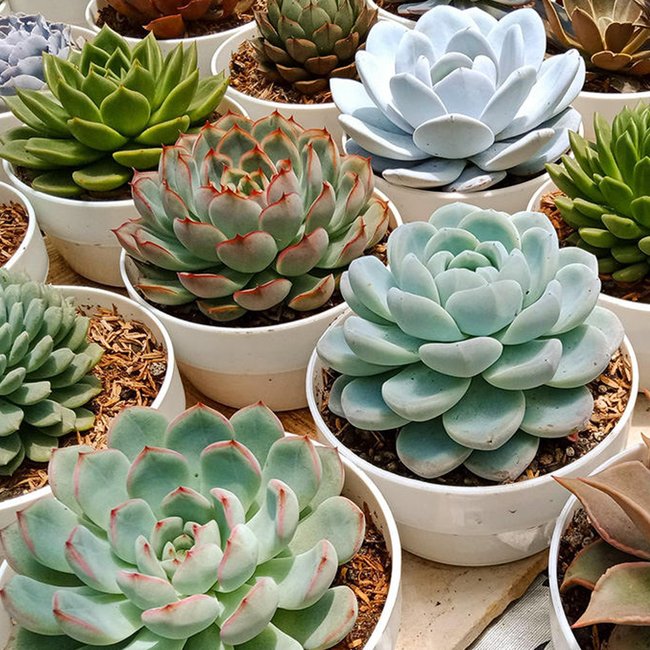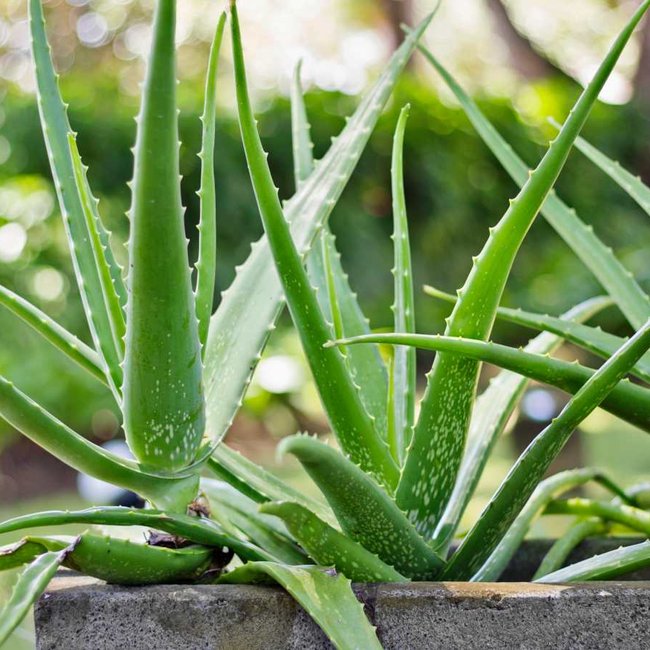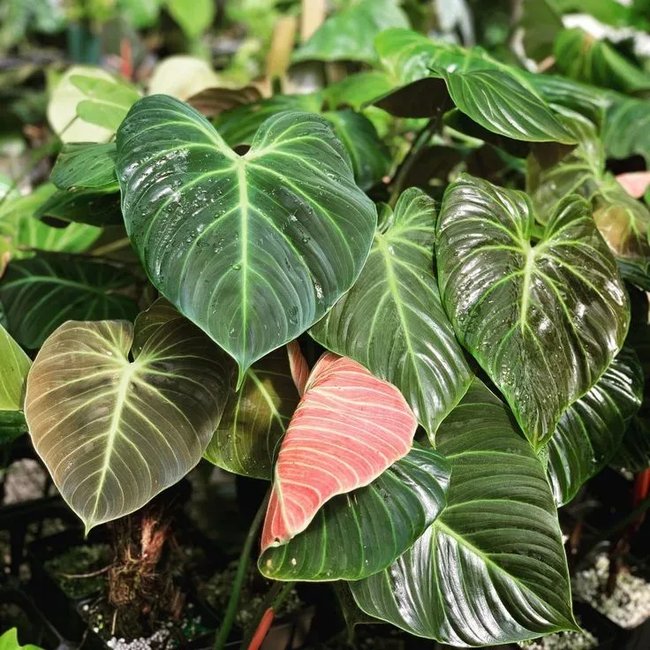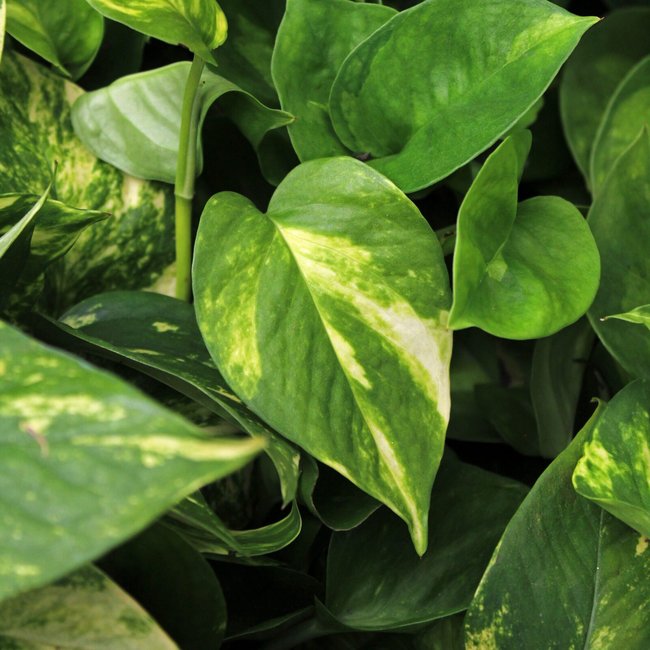Thyme
Thyme is a small, aromatic, perennial herb that belongs to the mint family, Lamiaceae. It is native to the Mediterranean region, but is also cultivated in other parts of the world. Thyme has a long history of use in cooking, medicine and cosmetics.
Classification and Taxonomy
Thyme (Thymus vulgaris) is a species of flowering plant in the mint family, Lamiaceae. It is a perennial herb native to the Mediterranean region.
Description and Characteristics
Thyme is a low-growing, evergreen herb that grows to a height of about 20-30 cm (8-12 inches). It has narrow, oval-shaped leaves that are gray-green in color and have a strong, aromatic scent. The flowers are small and white, while the fruits are small, round, and black.
Distribution and Habitat
Thyme is native to the Mediterranean region, but it is also cultivated in other parts of the world. It prefers well-drained, light soils and grows best in full sun.
Ecology and Reproduction
Thyme is pollinated by bees, and it reproduces by seed.
Uses and Economic Importance
Thyme has a long history of use in cooking, medicine and cosmetics. It is used as a flavoring in soups, stews, sauces and other dishes. It is also used to make essential oils and herbal teas.
Conservation Status
Thyme is not listed as threatened or endangered.
-
How is Thyme used in cooking?
Thyme is a popular herb used in cooking to add flavor to a variety of dishes. It can be used fresh or dried, and its leaves are often added to soups, stews, sauces, and marinades. Thyme is also commonly used to season meats, poultry, and fish, as well as roasted vegetables.
-
What is Thyme?
Thyme is a perennial herb that belongs to the mint family. It is widely used in cooking, aromatherapy, and medicine due to its unique flavor and numerous health benefits. Thyme is native to the Mediterranean region but can now be found in various parts of the world.
-
What are the health benefits of Thyme?
Thyme has numerous health benefits due to its high content of vitamins, minerals, and antioxidants. It is known to have antibacterial, antifungal, and anti-inflammatory properties, and has been used in traditional medicine to treat respiratory and digestive issues. Thyme is also believed to boost the immune system and improve overall health.
-
How is Thyme used in aromatherapy?
Thyme is commonly used in aromatherapy due to its invigorating and energizing scent. It is believed to have a positive effect on the mind and body, helping to reduce stress and anxiety, improve concentration, and promote relaxation. Thyme essential oil can be used in diffusers, massage oils, and bath products to experience its therapeutic benefits.
-
How is Thyme grown?
Thyme is a hardy herb that can be grown in a variety of soil types and climates. It prefers well-drained soil and full sun, but can also tolerate some shade. Thyme can be grown from seeds, cuttings, or transplants and requires regular watering and pruning to maintain its shape and promote healthy growth. It can be grown in containers or in the ground and is a great addition to any herb garden.
-
Can Thyme be used for medicinal purposes?
Thyme has been used for medicinal purposes for centuries due to its various health benefits. It is commonly used to treat respiratory issues such as coughs, bronchitis, and asthma. Thyme is also believed to aid in digestion, relieve menstrual cramps, and promote healthy skin. However, it is important to consult with a healthcare professional before using thyme for medicinal purposes.
-
What are the different varieties of Thyme?
There are several different varieties of thyme, each with its own unique flavor and appearance. Common varieties include English thyme, French thyme, lemon thyme, and caraway thyme. English thyme is the most commonly used variety in cooking, while lemon thyme is often used in teas and desserts due to its citrusy flavor.
-
How long does Thyme last?
Thyme can last for several weeks if stored properly. Fresh thyme should be stored in the refrigerator in a plastic bag or container with a damp paper towel to keep it moist. Dried thyme can be stored in an airtight container in a cool, dry place for up to six months.
-
Can Thyme be used as a natural insect repellent?
Thyme contains a compound called thymol, which has insecticidal properties and can be used as a natural insect repellent. Thyme essential oil can be mixed with water and sprayed on plants to repel insects, or it can be used in diffusers to repel mosquitoes and other flying insects.
-
Is Thyme safe for pets?
Thyme is generally safe for pets when used in small amounts, but it is important to consult with a veterinarian before using thyme for medicinal purposes. Thyme essential oil should not be used on pets as it can be toxic if ingested or absorbed through the skin.
-
How can Thyme be used to make natural cleaning products?
Thyme can be used to make natural cleaning products due to its antibacterial properties. Thyme essential oil can be added to homemade cleaning solutions to disinfect surfaces and kill germs. Thyme leaves can also be added to vinegar or baking soda to make a natural scrub for cleaning sinks, tubs, and toilets.
10 Fun Facts About
1. Thyme is a member of the mint family. 2. The Egyptians used thyme in embalming. 3. The ancient Greeks used thyme in their baths and believed it had healing powers. 4. The Romans used thyme to flavor their cheese and liqueurs. 5. Thyme is used to make essential oils, which can be used in aromatherapy. 6. Thyme is a popular ingredient in French cuisine. 7. Thyme is a source of vitamins and minerals, including vitamin A, vitamin C, iron, and calcium. 8. Thyme is an antiseptic and is used to treat skin infections. 9. Thyme is used to make herbal teas, which can help to reduce stress and anxiety. 10. Thyme is a natural insect repellent.
Pun
Time flies when you're having thyme!
Similar To
Rosemary, Oregano, Sage, Marjoram Keywords: Herb, Lamiaceae, Mediterranean, Cooking, Medicine, Cosmetics, Essential Oils, Aromatherapy, Vitamin A, Vitamin C, Iron, Calcium.








